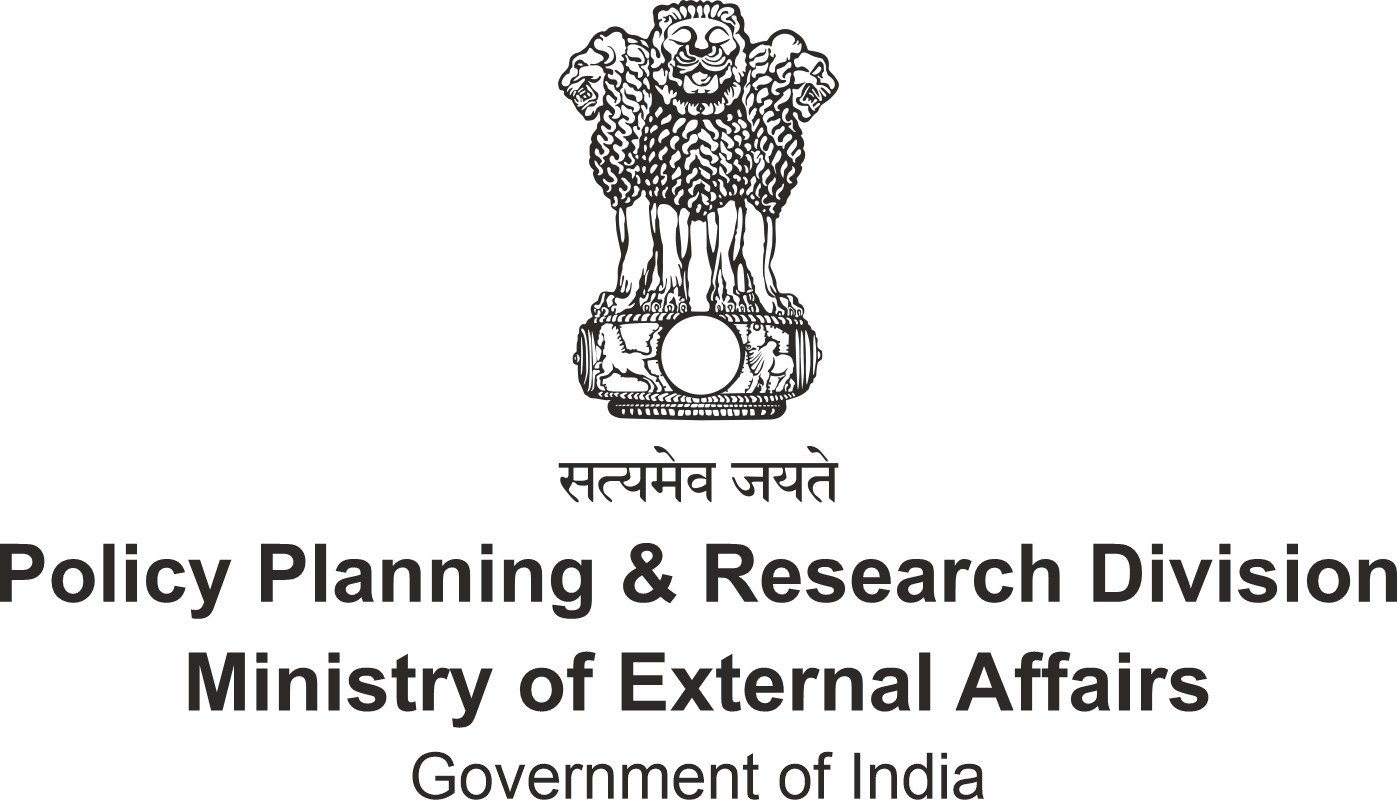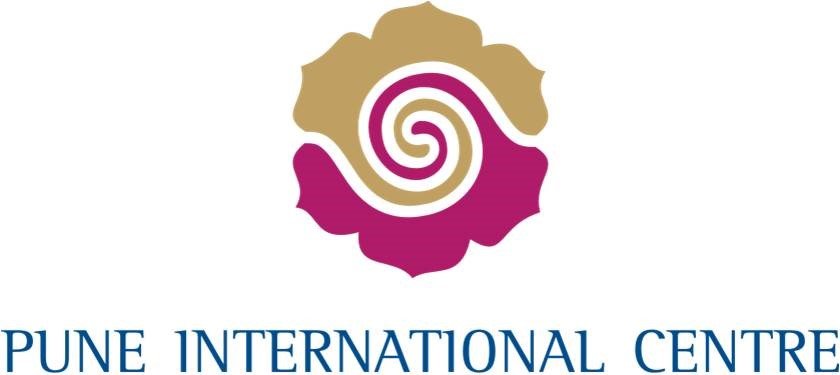About Asia Economic Dialogue (AED) 2024
About Asia Economic Dialogue (AED) 2024
Asia Economic Dialogue (AED) is the flagship geo-economics conference of the Ministry of External Affairs (MEA), India, hosted by the Pune International Centre (PIC). PIC is an independent think tank which deliberates on issues of national importance.
This is the eighth AED, and the theme for this year’s conference is ‘Geo-economic Challenges in an Era of Flux’.
AED 2024 aims to explore the intricate intersection of geopolitics and economics in our ever-changing world. The Ministry of External Affairs recognises the significance of AED as a platform for thought leaders and experts to discuss challenges and opportunities in the global economy, particularly in the Asian context.
Ambassador Gautam Bambawale, former Indian Ambassador to China, Pakistan, and Bhutan, and Trustee, PIC, is the Convenor of AED 2024. In the words of eminent scientist, Dr. Raghunath Mashelkar, President, PIC, “Everyone believes that the 21st century is going to become Asia’s century, and therefore, the Asia Economic Dialogue becomes important. In fact, some have started calling this dialogue ‘the Davos of the East’.
Prominent policymakers, central bankers, economists, industrialists, strategists and experts from various fields will be among the 45-plus speakers at the conference.
AED 2024 will be held in Pune from Thursday, 29th February 2024, to Saturday, 2nd March 2024.
⏳ The countdown begins!
— Pune Int Centre (@PuneIntCentre) November 20, 2025
🌏 #AsiaEconomicDialogue returns to #Pune on 26–28 February 2026.
This year’s theme — #Geoeconomics Beyond Globalisation — explores #tariffs, #technologies, and strategic alignments.
Stay tuned for more. #AED2026 @MEAIndia @rameshmashelkar @GBambawale pic.twitter.com/pzaNKmLwd4
🔁 It’s happening again!
— Pune Int Centre (@PuneIntCentre) December 6, 2025
🌏 #AsiaEconomicDialogue returns to #Pune from 26–28 February 2026.
Dive into this year’s theme — Geoeconomics Beyond Globalisation — as we explore tariffs, technologies, and global strategic realignments. 🌐 @rameshmashelkar @GBambawale @MEAIndia pic.twitter.com/ojdCXlPRap
SPEAKERS
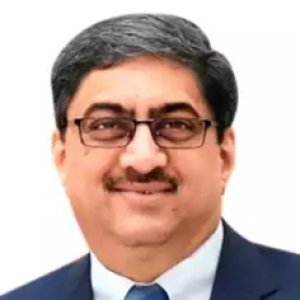
Amb. Gautam BambawaleConvenor, AED 2025; Former Ambassador of India to Bhutan and China and High Commissioner to Pakistan
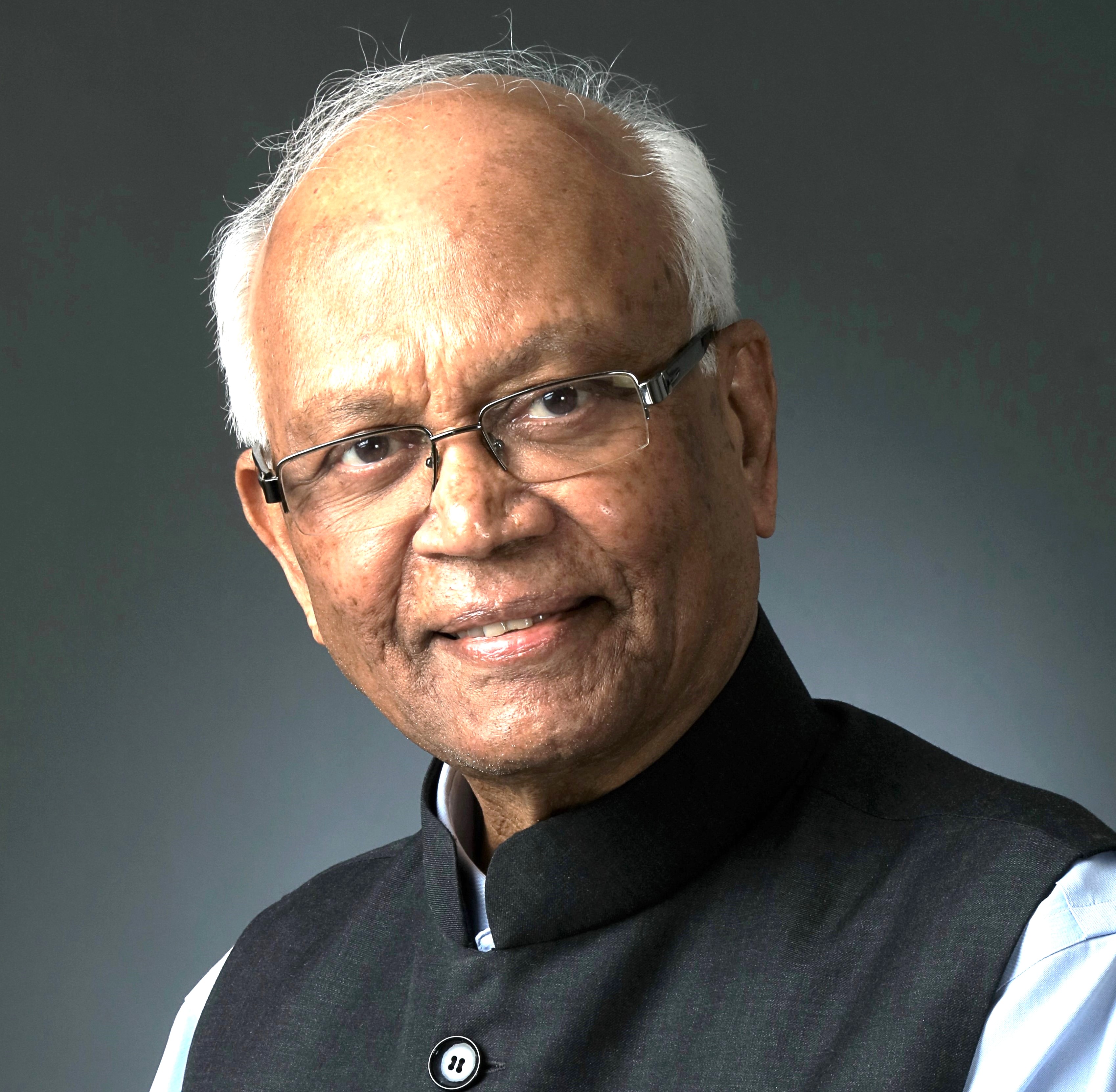
Dr. Raghunath A. MashelkarFRS; President, Pune International Centre
Opening Remarks
Dr. Raghunath Anant (Ramesh) Mashelkar, former Director General of the Council of Scientific and Industrial Research (CSIR), is a renowned figure in India’s scientific and industrial landscape. Leading the country’s largest research and development organisation from 1995 to 2006, he played a pivotal role in reshaping its focus from import substitution to a culture of patenting and consulting. His illustrious career began in pre-liberalised India, facing challenges that he overcame with his pioneering work in modelling and simulation, earning him the prestigious Bhatnagar prize (1982). His dual recognition in 1998 as a Fellow of the Royal Society in the UK and recipient of the JRD Tata Corporate Leadership award showcased his global impact. As CSIR’s Director General, he expanded laboratories and championed a vision of collaboration outlined in ‘CSIR 2001: Vision & Strategy’, aiming to elevate India’s scientific and industrial prowess. His advocacy for intellectual property rights resulted in landmark victories, including the creation of the Traditional Knowledge Digital Library (TKDL). Post-retirement, he continued his impactful journey by contributing to corporate boards, promoting innovation, and receiving honorary doctorates from 48 universities globally. He received the Padma Shri (1991), Padma Bhushan (2000), and Padma Vibhushan (2014). His commitment to fostering research and development, coupled with his visionary leadership, has left an indelible mark on India’s scientific landscape.
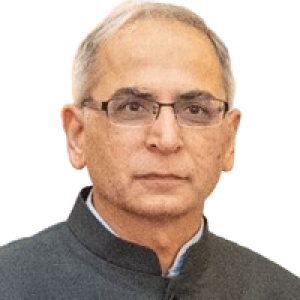
Amb. Vinay Mohan KwatraForeign Secretary, Ministry of External Affairs, Government of India
Speaker at Inaugural Session on ‘Promoting Economic Integration in South Asia’
Vinay Mohan Kwatra is an Indian diplomat and currently serving as the Foreign Secretary of India from May 2022, succeeding Harsh Vardhan Shringla. He previously served at the Ministry of External Affairs, India, and the Prime Minister’s Office as Joint Secretary. He joined the Indian Foreign Service in 1988; served as Third Secretary and then Second Secretary in the Permanent Mission of India in Geneva until 1993; served as Minister (Commerce) at the Embassy of India in Washington D.C. (May 2010-July 2013); headed the Policy Planning & Research Division of the Ministry of External Affairs (2013-15); and later served as the head of the Americas Division in the Foreign Ministry, where he dealt with India’s relations with the US and Canada. He served as Indian Ambassador to France (2017-20) and as Ambassador of India to Nepal (2020-22). He has served at different positions in India’s missions abroad and in India. He has experience of more than 35 years in a range of assignments.
SCHEDULE (Indian Standard Time)
- 16:00 hours (IST) (30 mins) Registration and Tea/Coffee i
- 16:30 – 16:45 hours (IST) (15 mins) Introduction by Amb. Gautam Bambawale i
- 16:45 – 18:00 hours (IST) (75 mins) Inaugural Session: Promoting Economic Integration in South Asia i
- 18:00 – 19:00 hours (IST) (60 mins) Fireside Chat on Women and Geo-economics i
- 10:00 – 11:15 hours (75 mins) Generative AI: Impact on Organizations and Society i
- 11:15 - 12:00 hours (45 mins) A Conversation on India’s Role in Information Technology and Digital Diplomacy i
- 12:00 - 12:15 hours (15 mins) Tea/Coffee Break i
- 12:15 – 13:30 hours (75 mins) The Third Globalization i
- 13:30 – 14:30 hours Lunch (60 mins) i
- 14:30 – 15:45 hours ( 75 mins) The Future Automobile and Future Fuels i
- 15:45 to 16:45 hours (60 mins) Drones: Revolutionising the Future? i
- 16:45 - 17:00 hours (15 mins) Tea/Coffee Break i
- 17:00 – 18:15 hours ( 75 mins) India-Middle East-Europe Economic Corridor (IMEC): A New Spice Route? i
- 10:00 – 11:00 hours (IST) (60 mins) Reimagining and Revitalising the World Trade Organization i
- 11:15 – 12:15 hours (IST) (60 mins) Critical and Emerging Technologies (CET): Securing our Future [In Collaboration with ORF] i
- 12:15 - 12:30 hours (IST) (15 mins) Tea/Coffee Break i
- 12:30 - 13:30 hours (IST) (60 minutes) Expanding Regional Connectivity : Towards a More Integrated South Asia i
- 13:30 – 14:00 hours (IST) (30 mins) Valedictory Session i
- 10:00 -- 11:00 hours (IST) (60 mins) Reimagining and Revitalising the World Trade Organization i
About Pune
Pune is a city in Maharashtra state of western India. Called ‘Queen of the Deccan’, Pune is the cultural capital of Maharashtra. The city gained importance in the 17 th century during the Maratha dynasty, when it served as the official capital. It was home to the Peshwas, who were the prime ministers of the Maratha Empire. After 1817, it was the seasonal capital of the British Bombay Presidency. Today, Pune is the headquarters of the Southern Command of the Indian army, with the National Defence Academy located nearby.
Referred to as the ‘Oxford and Cambridge of India’, the city is also a major educational and cultural centre, with more than 30 constituent and affiliated colleges, housing thousands of national and international students. Pune is one of the leading IT services centre, with the biggest IT park of India located at Hinjewadi.
Pune is surrounded by the spectacular Sahyadri range, which has many important forts of historical significance, such as Raigad, Pratapgad and Torna.
The city is well linked to other parts of the country. The Pune Airport is approximately 15km from the city centre and is well connected with all the states of India and several international destinations.
Sunil Jha
Code of Conduct
Asia Economic Dialogue Charter of Participation
The Asia Economic Dialogue is an inclusive and diverse forum with participants from across a range of backgrounds. We place a high premium on ensuring open and safe environment throughout the conference for every attendee, regardless of nationality, ethnicity, religion, gender identity, sexual orientation or disability. We request all the stakeholders associated with Asia Economic Dialogue including speakers, delegates, organizers and hotel staff to follow the Charter of Participation and understand the repercussions of any violation.
Violations of the Charter of Participation
We expect all the stakeholders to respect our anti-harassment policy and abide by our expected conduct guidelines during the conference. This also includes conference related social media engagement and social events. You are expected to comply immediately if asked by conference organizers to cease prohibited behavior. In case of persistence of inappropriate behavior, the organizers may take action they deem appropriate and/ or report to appropriate authorities
Reporting Inappropriate Conduct
Please notify the organizers immediately if you are subjected to harassment or any other inappropriate behavior. If you witness or have a grievance and prefer to remain anonymous, please fill out and submit a handwritten/typed complaint and submit it to a member of the organizing team. In case of emergency, please first contact Pune Police immediately by dialing 100 (Emergency Toll-Free number) and proceed to notify conference organizers of the emergency.
Attendance and Dress Code
We restrict access to the Asia Economic Dialogue to participants with valid invitation cards. All participants must attend the conference in formal attire (business formal / traditional clothing).
Conference Participation
Please be respectful, mindful and understanding to the fellow participants. We aim to make the environment open and inclusive. Profanities or slurs are strictly prohibited.
Drugs and Alcohol
We abide by and enforce all local, state, and central laws and regulations surrounding possession and/or use of illegal substances. In addition, please limit tobacco use to permitted areas and consume alcohol in moderation.
Anti-harassment Policy
We do not tolerate any form of harassment at the Asia Economic Dialogue. Our zero-tolerance policy prohibits all forms of harassment including, but not limited to: Offensive or derogatory comments related to gender, sexual orientation, nationality, ethnicity, religion, or disability; Offensive or derogatory comments towards other participants, opinions, or personal expressions; Sexual comments or unwanted physical contact; The display of inappropriate images or memorabilia; Violence, intimidation, threats; or stalking; Inappropriate or unwanted social contact with other participants; and Excessive or unwanted photography or videography of conference participants and organizers.

